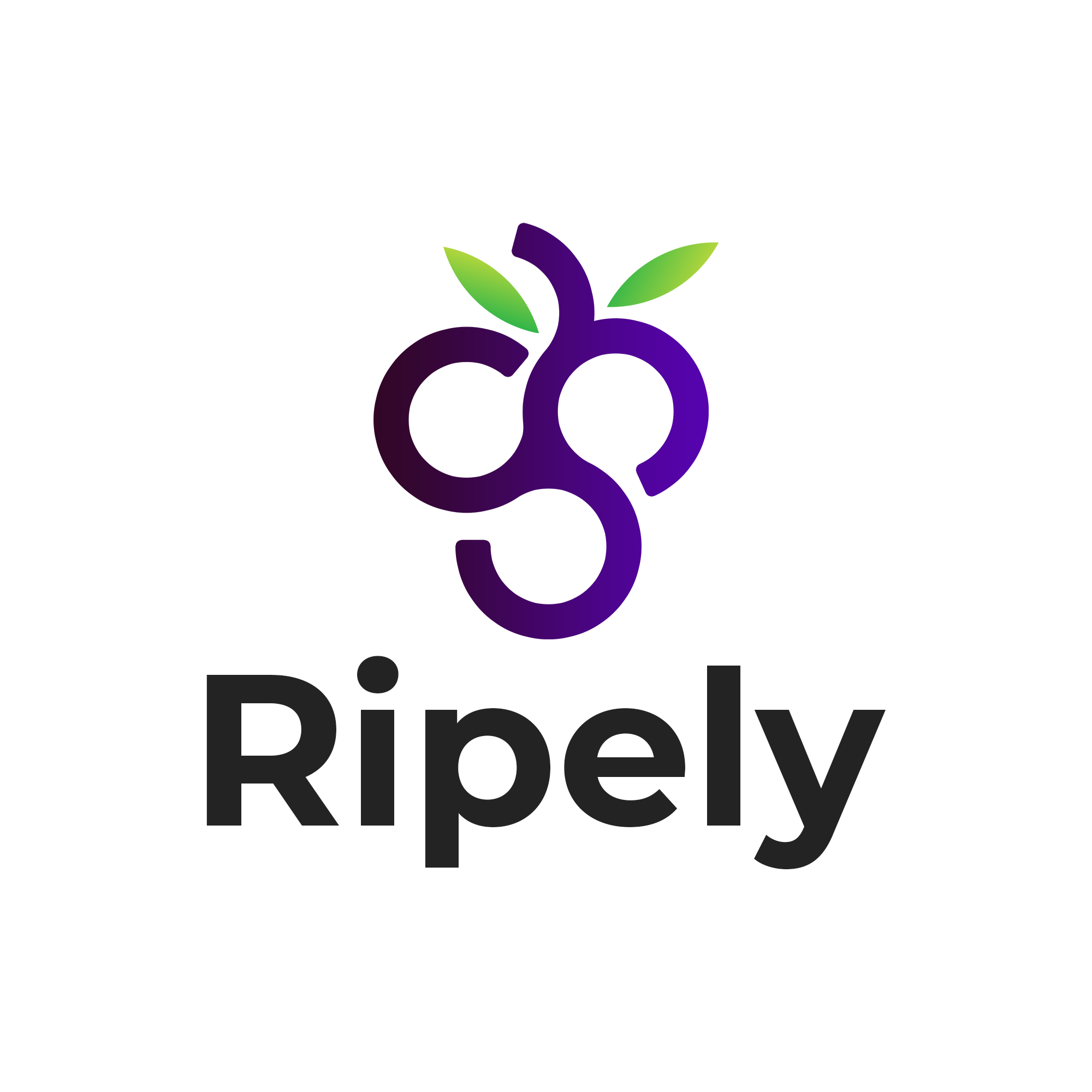6 Highly Profitable & Low Cost Digital Marketing Strategies For Small Businesses
Running a small business generally means you have a limited marketing budget compared to larger companies. Despite this, you’re still competing against these mega-firms for the attention of your target audience.
So is there a way to remain competitive while on a tighter budget?
Fortunately for you, there is, and we’re listing six highly profitable digital marketing strategies that are small business-friendly.
Here is an overview of six highly profitable digital marketing strategies:
- Search engine optimisation (SEO)
- Content marketing
- Facebook advertising
- Pay-per-click advertising
- Social media marketing
- Email marketing.
1. Search Engine Optimisation (SEO)
Search engine optimisation, or SEO, has become one of the most vital digital marketing strategies for small businesses.
It works by optimising the structure of your site, including the content, making it easier for search engines to crawl and read. Although this might appear like a complicated task, it’s relatively straightforward.
By making small changes to your website, like uploading content that includes more relevant keywords, you increase your search engine ranking, for instance, on Google.
SEO is a crucial tool to include in your marketing strategy, especially for small businesses that often profit from local customers.
Because most consumers looking for local services and products use their smartphones to search with, you can optimise your content for local SEO. Doing so enhances your chances of appearing in local search results straight in potential customers’ devices.
So, where do you start if you aren’t familiar with SEO?
Start with a site audit, which gives you a full analysis of your website’s visibility and factors that affect it in search engines. You can do so on your own or by hiring an experienced SEO agency.
2. Content Marketing
Content marketing focuses on producing and publishing quality content relevant to your target audience and providing time of value for viewers and readers.
The key to content marketing is knowing your audience: What they care about, any challenges they face, as well as their needs and desires.
Unlike most of the usually paid marketing strategies, content marketing is about building long-term trust and relationships with your leads and customers. Although you can, and should, use the content to improve your SEO, your primary focus should be your audience and not search engines.
One of the advantages of content marketing is the attractive return on investment since you can continuously share and promote the already published content.
So, to succeed with content marketing, you need to clearly define your audience, gathering as much information about them as possible. Now, to avoid coming off as an intrusive web-robot, you instead create buyer personas.
These are sort of generalised profiles, inspired by your target buyers. They should contain information, such as demographics, likes and preferences, buying behaviours, and challenges.
Once you’ve pinpointed your target buyers, you can begin brainstorming content topics.
3. Facebook Advertising
According to Facebook, there are roughly three million businesses currently advertising on its social media platform. This is not surprising, considering that Facebook provides one of the most effective yet least expensive ways of advertising.
Whatever your industry or target market, the chances of reaching them on this social media platform are high.
How Facebook is so successful at reaching consumers is through its ads, which comprise sophisticated targeting features. It helps you narrow down your audience by age, location, online behaviour, and even gender. This ensures that only relevant users will see your ad.
4. Pay-Per-Click Advertising
Pay-per-click (PPC) advertising is an online ad model, allowing small businesses to display their ads to consumers searching for relevant services and products. It works like this: Every time someone clicks on your ad content, you pay.
Although this may not sound very budget-friendly, it’s often worth the investment since the generated visits bring in more than what you spent.
Multiple ad platforms use the PPC advertising model, including Facebook. However, the most common are Google and other similar search engines.
To use PPC advertising, you have to bid on keywords related to your products or services. Then, using an algorithm, the search engine can determine which ads show up on the SERP—search engine results pages. Because of this, keyword research is key for profiting with PPC advertising.
If your team doesn’t have experience with PPC advertising, we highly recommend that you hire an experienced agency. Otherwise, you’ll lose money every time a false lead clicks on your ad.
5. Social Media Marketing
Profitable digital marketing for small businesses has never been so easy, thanks to the influence of social media.
Social media platforms open the wall between brands and their consumers, allowing you to advertise and communicate directly with your target audience. And the best part? It’s completely free.
With that said, to develop a social media marketing strategy, you need to determine which channels to prioritise and how much time to dedicate. It can be time-consuming, particularly in the beginning, as you grow your audience while fostering your established relationships.
Before you set up accounts on all the social media channels, consider which platform your target audience uses most.
Fortunately, many platforms allow you to share your posts across multiple channels. For instance, if you post something on Instagram, you can share it on Facebook and Twitter.
The key here is to create engaging content, not something that’s developed to please search engines. Then use hashtags to reach new consumers, just ensure that they’re actually relevant to your content.
6. Email Marketing
Email marketing is an excellent marketing strategy to generate returning customers and leads.
Think of it like this: Most of your visitors won’t purchase from your site during their first visit. So to ensure that they return, it’s essential to keep in contact after they click off your site.
There are multiple ways to do this. The best is to offer something in return for their email address, like an eBook or a sample of your product. Once you have their information, it becomes easier to nurture the leads.
Our final thoughts..
Competing with large firms can sometimes seem like a difficult task for small businesses. Fortunately, there are several highly profitable digital marketing strategies that won’t break your budget. Options like SEO, content marketing, and Facebook advertising are all easy ways to generate more leads. If you’re unsure, reaching out to an expert in the industry can help.

